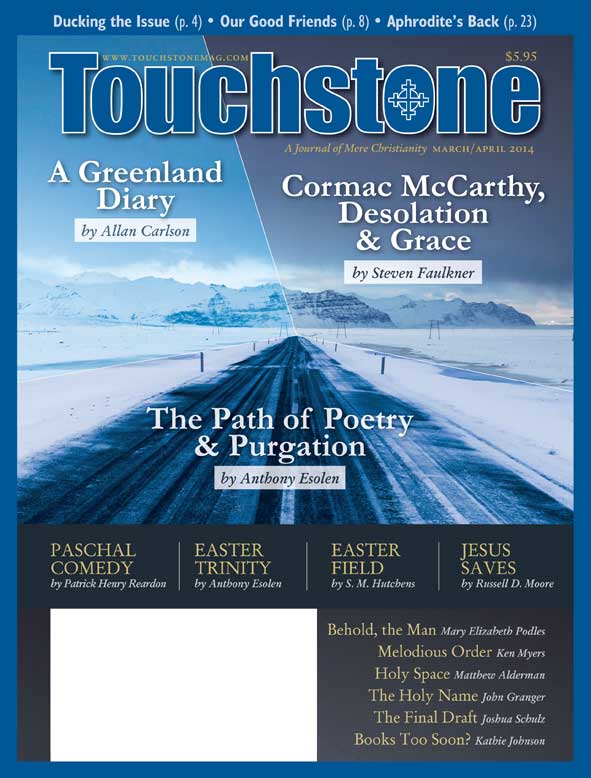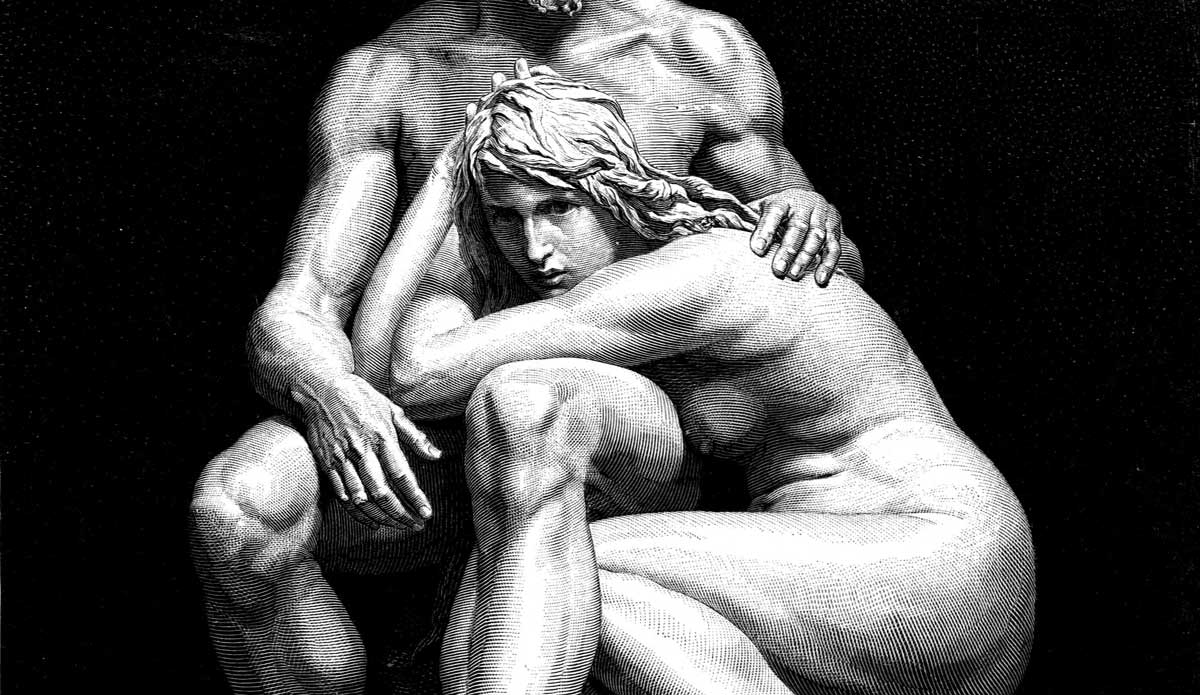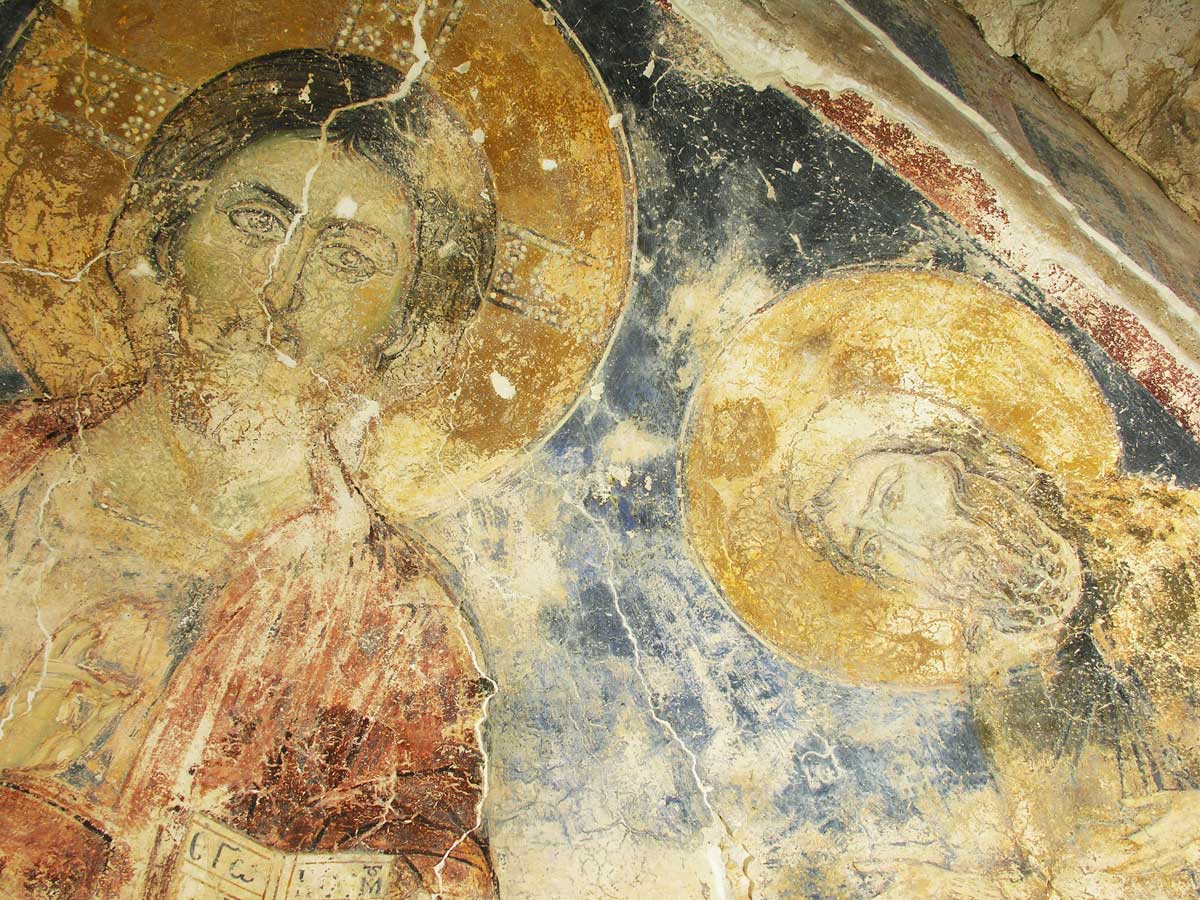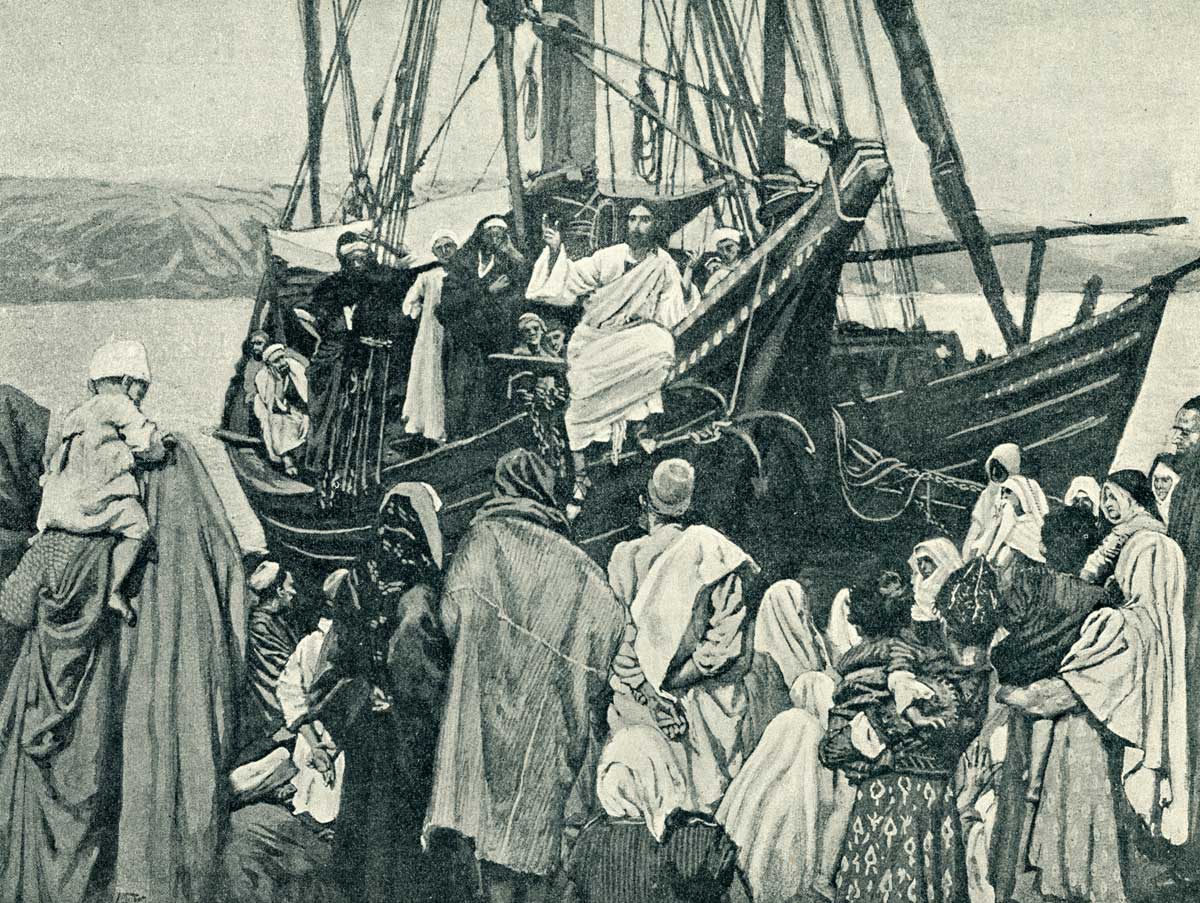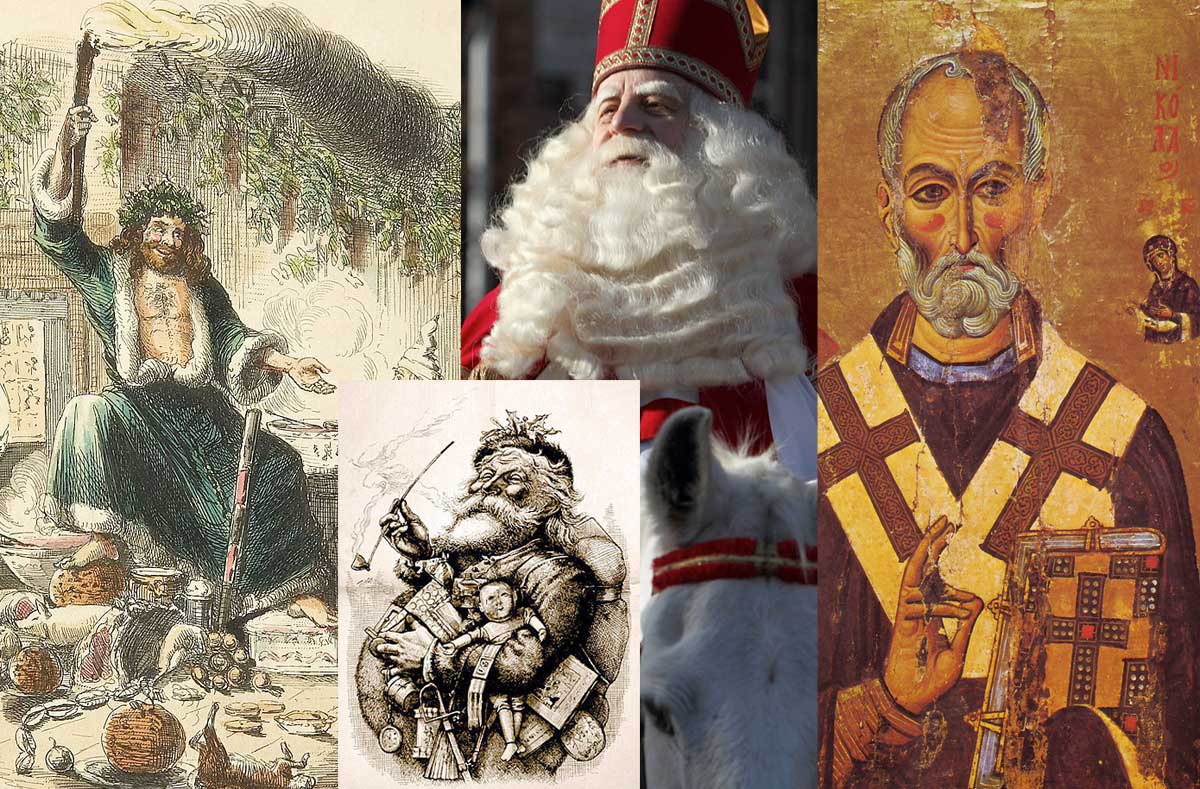View
The Chosen Book
Patrick Henry Reardon on Reading the Hebrew Bible as Philosophy
During the past decade or so there has been a renewed interest in what we may call a philosophical reading of the Bible. By this I mean the reflective study of Holy Scripture, not necessarily as God's revelatory Word, but as a philosophical resource, an ancient expression of inherited wisdom. In 2003 two distinguished scholars—both of them students of Leo Strauss—adopted this approach to Holy Scripture in two engaging but very different books: The Beginning of Wisdom: Reading Genesis, by Leon R. Kass, and Political Philosophy and the God of Abraham, by Thomas L. Pangle.
Not all parts of Holy Scripture, of course, lend themselves equally to this approach. It is particularly congenial to the Wisdom Books, notably Proverbs, Job, and Qoheleth (Ecclesiastes). In these books we find investigations into the pursuit of wisdom that do not (or not often) invoke the core historical themes of Holy Scripture: redemption and covenant. Because of their sustained appeal to general human experience, the Wisdom Books invite the reader into a broad meditative discussion of the human condition.
For example, the several characters in the Book of Job serve as the voices for specific "schools" of philosophy. Likewise, the inner struggles of Qoheleth form a sort of dialogue about the major questions of human existence. The Wisdom Books, moreover, by entertaining divergent views on philosophical questions, encourage the reader to work through a dialectical process that respects their complexity.
In a sense, Israel's Wisdom tradition was born of that intellectual effort. From the beginning, it had a wide, ecumenical character, open to discussion outside the community of faith. Moses, even before leading the Chosen People to the experience of Sinai, "was learned in all the wisdom of the Egyptians" (Acts 7:22). As for Solomon, "he was wiser than all men—than Ethan the Ezrahite, and Heman, and Chalcol, and Darda, the sons of Mahol" (1 Kings 4:31).

Circumspection Needed
The complexity and breadth of perspective in the Wisdom literature are less discernible in other parts of Holy Scripture; I think particularly of the large defining narrative of God's People. The endeavor to find general, universally available perspectives and moral paradigms in the Torah and the Former Prophets needs to be circumspect. For instance, even the "universal moral norms" of the Decalogue begin with a very specific declaration and historical claim: "I am the Lord your God, who brought you out of the land of Egypt, out of the house of bondage" (Ex. 20:2). If someone wants to find a broad, discursive approach to philosophical concerns, he should probably avoid Sinai, nor does he need to consult with Elijah.
Neglect of these literary differences within the biblical canon accounts for a certain unevenness within some modern works devoted to the philosophical study of Holy Scripture.
A more recent example is The Philosophy of Hebrew Scripture by Yoram Hazony. Endeavoring to demonstrate "both that the Hebrew Bible can be fruitfully read as a work of reason, and how the Hebrew Bible can be read as a work of reason," Hazony illustrates his thesis by examining concrete examples across the range of the Hebrew canon.
This approach understandably works best when applied to those parts of the Scriptures that analyze psychological experience without a restrictive reference to concrete historical events. Arguably the best chapter of Hazony's work is devoted to Jeremiah's analysis of knowledge. He argues cogently that the prophet's reflections are close to "Plato's conception of human beings as constantly set upon by illusions that take hold of them and set their course."
Patrick Henry Reardon is pastor emeritus of All Saints Antiochian Orthodox Church in Chicago, Illinois, and the author of numerous books, including, most recently, Out of Step with God: Orthodox Christian Reflections on the Book of Numbers (Ancient Faith Publishing, 2019).
subscription options
Order
Print/Online Subscription

Get six issues (one year) of Touchstone PLUS full online access including pdf downloads for only $39.95. That's only $3.34 per month!
Order
Online Only
Subscription

Get a one-year full-access subscription to the Touchstone online archives for only $19.95. That's only $1.66 per month!
bulk subscriptions
Order Touchstone subscriptions in bulk and save $10 per sub! Each subscription includes 6 issues of Touchstone plus full online access to touchstonemag.com—including archives, videos, and pdf downloads of recent issues for only $29.95 each! Great for churches or study groups.
Transactions will be processed on a secure server.
more on bible from the online archives
more from the online archives
calling all readers
Please Donate
"There are magazines worth reading but few worth saving . . . Touchstone is just such a magazine."
—Alice von Hildebrand
"Here we do not concede one square millimeter of territory to falsehood, folly, contemporary sentimentality, or fashion. We speak the truth, and let God be our judge. . . . Touchstone is the one committedly Christian conservative journal."
—Anthony Esolen, Touchstone senior editor






